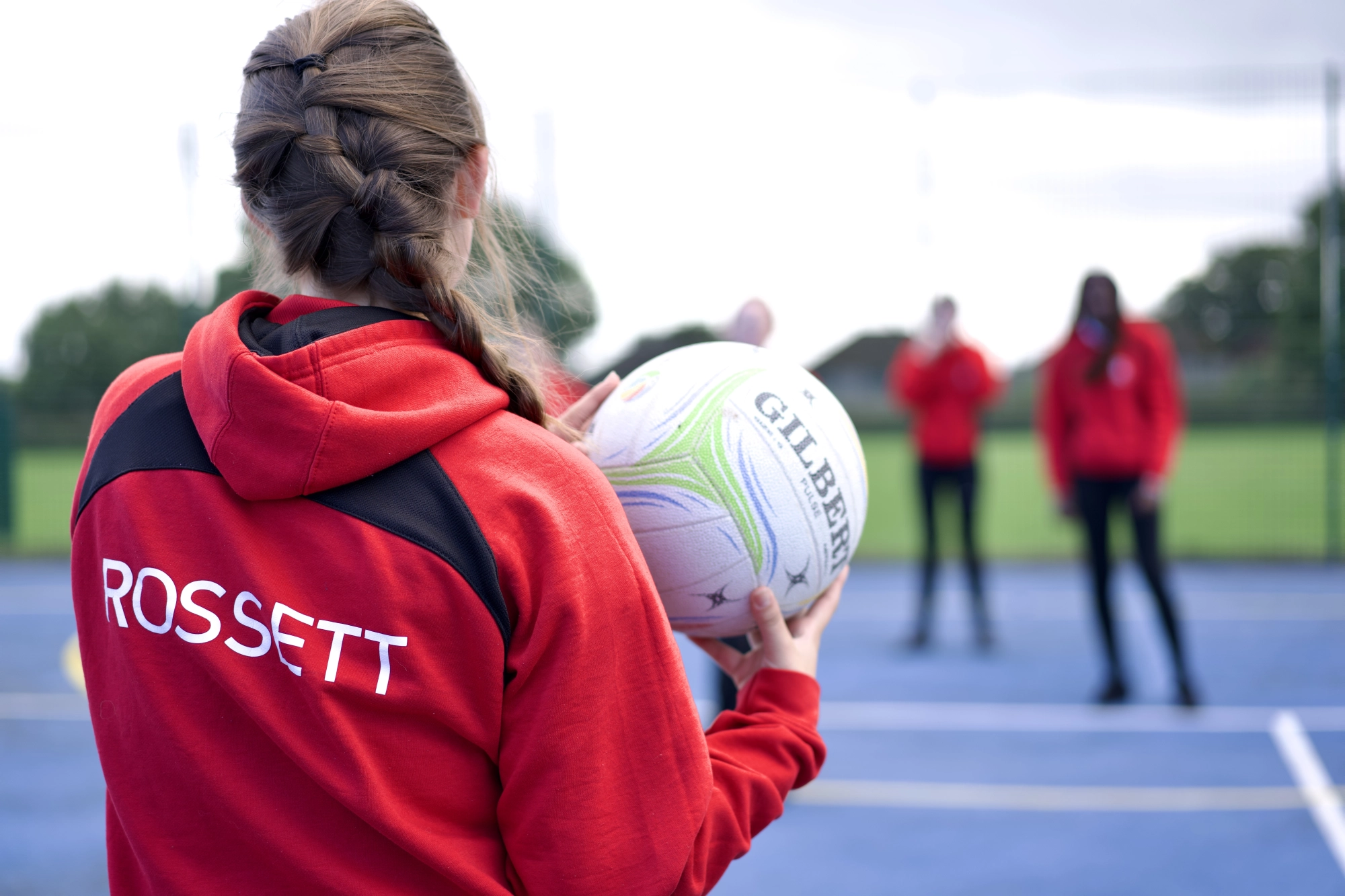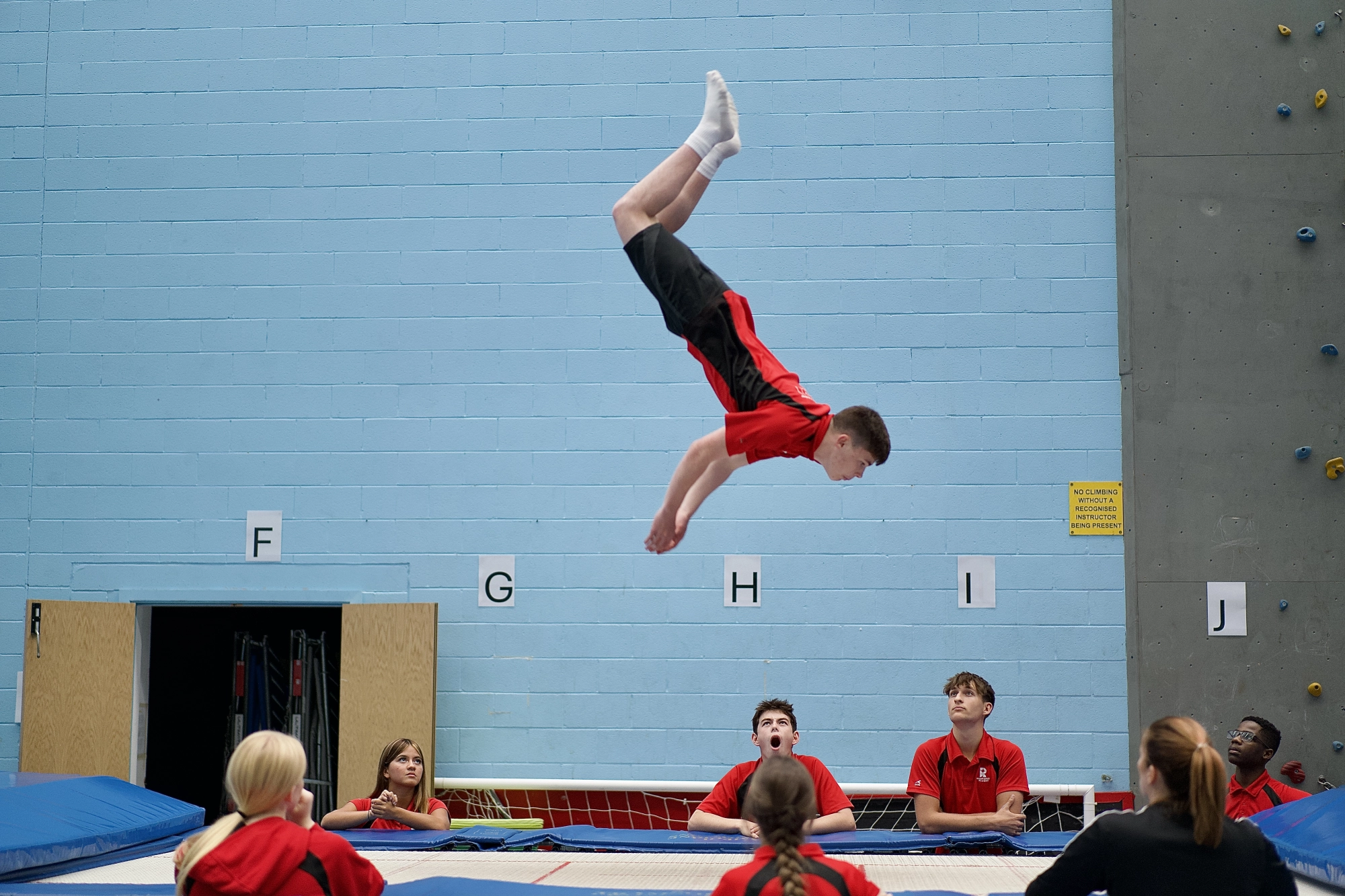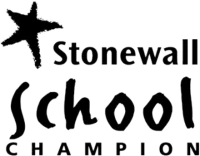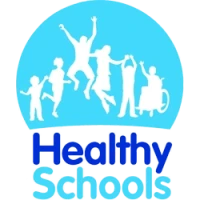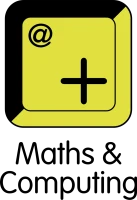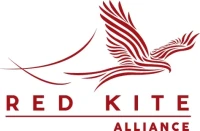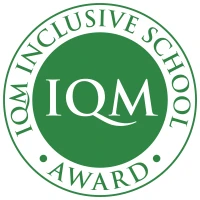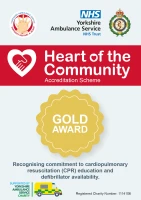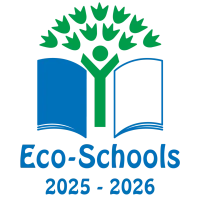Sports Studies
“Sports do not build character. They reveal it. In every victory and defeat, we learn the value of hard work, resilience, and respect - lessons that last a lifetime.” Heywood Broun
Curriculum Principles
The world is an ever changing, challenging and complex place to grow and succeed. Physical activity and sport bring people together and is based on fairness and respect. It is our job as teachers of PE to not only develop students’ physical literacy to lead a healthy and active lifestyle but to also provide a rich opportunity to develop the emotional and social well-being of all students. The world of physical activity, sport and fitness is so vast and diverse, it is our intention to offer a core curriculum that is broad and balanced but not diluted as well as one that is open and equal to all students regardless of age, gender, background or ability. We want to develop well-rounded individuals that are equipped with the key skills to succeed in life such as communication, organisation, leadership and problem-solving capabilities. In addition to gaining qualifications which would support progression to working in many roles across the sector, our curriculum intent for all is to create and develop a love of sport and physical activity whilst at the same time equipping students with the knowledge and understanding of the importance of physical activity in order to live a healthy active lifestyle beyond school.
Curriculum Features
KS3 - Pupils should build on and embed the fundamental movement skills developed in key stages 1 and 2, becoming more competent, confident and expert in their techniques, and apply them across different sports and physical activities. Our current KS3 curriculum offers a comprehensive range, breadth and diversity of sports & activities developing core and advanced skills for performance. We focus on 9-11 sports/ physical activities across years 7 through to 9. The sports/activities are carefully planned to fully utilize staff expertise who provide students with the most effective scaffolds to adapt teaching, maximize learning and therefore improve performance. The curriculum has been designed around three main pillars of learning; 1. Motor competence, 2. Rules, strategies and tactics, 3. Healthy participation. Each sport/activity consists of 8 lessons which focus on high-quality instruction, practice and feedback. Each sport is broken down into 4 key skills within the yearly SOL. Lesson one of each skill is purposeful practice driven. Students will receive detailed breakdown of teaching points in order to rehearse the skill/technique leading to high rates of success. Fluency of the skill is then built upon in lesson two through conditioned games incorporating appropriate rules, strategies and tactics. We offer a KS3 curriculum that is inclusive and based around EEF’s flexible groupings so students access the correct learning environment at the right time for their developmental needs. This in turn developing each individual’s motivation, confidence and interest in exercise, sports and activity as a way of engaging and enthusing all KS3 PE students to participate in lifelong physical activity.
KS4 - Our KS4 core curriculum is broad and diverse. A unique feature is that the students have more autonomy and responsibility over choosing which activities they would like to take part in to ensure participation. KS4 & KS5 examination PE will develop key theoretical knowledge that underpins physical activity and sport, understand how the physiological and psychological state affects performance in sport, understand key socio-cultural influences which can affect people’s involvement in physical activity and sport and finally perform effectively in different physical activities by developing skills and techniques. They should understand what makes a performance effective and how to apply these principles to their own and others’ work.


